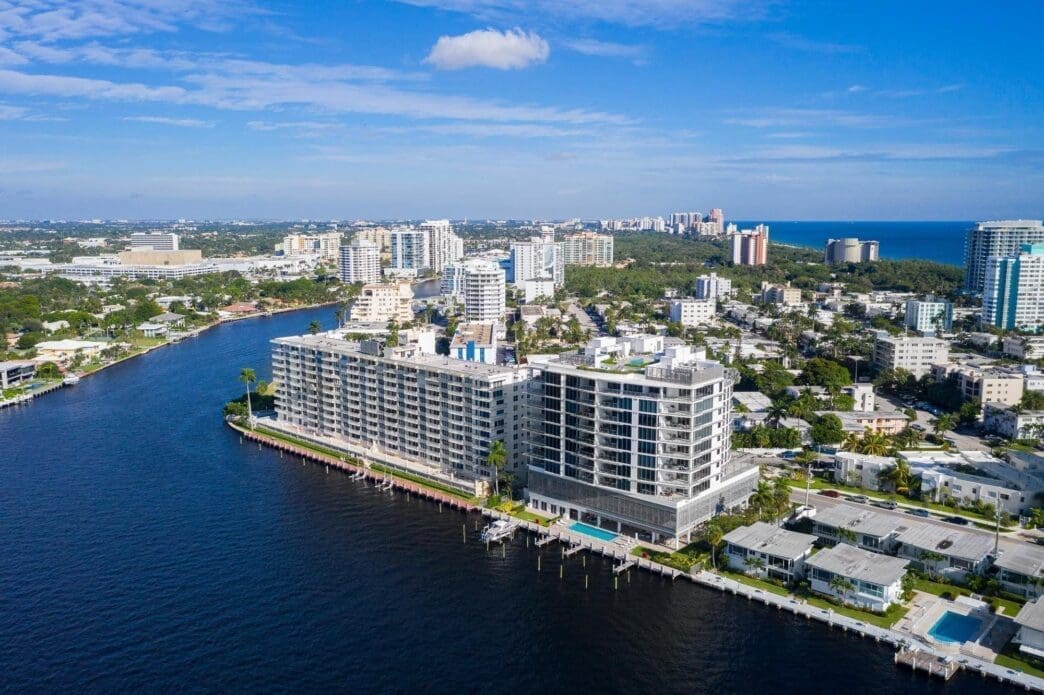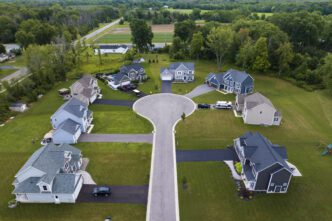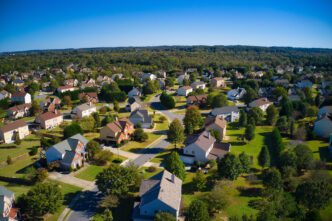South Florida is experiencing a condo crisis as thousands of units hit the market, compelling many owners to sell because of escalating costs. According to recent reports, nearly 18,000 older condos have flooded the market, pushing prices down by 19% compared to last year. But why is this happening? New safety regulations and soaring insurance premiums are the primary culprits behind these rising expenses. Real estate experts and lawmakers alike are trying to find solutions. But as of now, condo owners are left facing difficult financial decisions.

The Perfect Storm: Rising Costs and Their Impacts
The financial landscape for condo owners in South Florida has dramatically shifted. New safety regulations have mandated extensive and expensive repairs. For many, these costs are prohibitively high, prompting them to consider selling their units. Insurance premiums have also skyrocketed, in some cases by as much as 800%, making the cost of upkeep nearly insurmountable.
Real estate agents and news reports that many condo associations, like Mariners Bay Condos in North Miami Florida, have decided to sell their units collectively due to these rising costs. In Mariners Bay, owners were facing dues and assessments exceeding $100,000 per owner. These costs tied to upcoming safety deadlines to meet state requirements proved too much to handle.
The Supply Surge: Thousands of Units Flooding the Market
With nearly 18,000 older condos now on the market, potential buyers are faced with an overwhelming array of options. This increase in supply has caused prices to fall, making it a buyer’s market but a challenging environment for sellers. The average condo price has dropped 19% from last year, and this trend may continue as more units become available.
Lenders are also wary. They worry about the unexpected costs that could arise from purchasing older properties. These concerns further complicate the buying process for interested parties. Real estate experts urge condo associations to consider selling to developers who might be better equipped to handle the financial strain.
The Legislative Stalemate: Awaiting State Intervention
State lawmakers are aware of the issue but have not yet taken decisive action. Some advocated for a special legislative session to address the condo crisis, but no such session has been convened. As it stands, the issue will be discussed in the regular legislative session. The delay leaves many condo owners in limbo, awaiting potential relief.
This prolonged uncertainty adds another layer of stress for current owners. Financial strain compounded by an unclear legislative timeline has led many to sell their units preemptively, fearing that costs and regulations will only get worse.

The Insurance Issue: A Financial Burden
Insurance premiums for condos in South Florida have ballooned. In some communities, rates have increased by 800%, making it financially unmanageable for many owners to maintain their properties. Mariners Bay Condos, for example, faced such drastic hikes in insurance premiums that they opted to sell their units last summer.
Association president Laura Galeano highlighted that these skyrocketing rates made upkeep financially unmanageable. The financial burden of insuring older properties is a significant factor driving the current condo crisis.
Safety Regulations: Necessary but Costly
New safety regulations are essential to ensure the structural integrity and safety of older condo buildings. However, the costs associated with meeting these requirements can be astronomical. Many condo associations are finding it impossible to cover these expenses without imposing hefty assessments on owners.
These assessments can run into the tens or even hundreds of thousands of dollars per unit. For many, this is simply not affordable, forcing them to sell their properties. While these safety measures are crucial, they pose significant financial challenges for owners.
The Real Estate Consequences: A Buyer’s Market
With so many condos on the market, buyers have more choices than ever. Prices have dropped by 19% from last year, making it an attractive time for potential buyers. However, the glut of available units creates stiff competition among sellers, driving prices down further.
Despite this being a buyer’s market, potential buyers are cautious. They are aware of the possible hidden costs associated with purchasing older properties, such as necessary safety upgrades and escalating insurance premiums.

Developer Interest: A Possible Solution
Real estate experts suggest that condo associations consider selling to developers as a viable solution. Developers are often better equipped to handle the financial burdens associated with older properties. They also have the resources to make necessary repairs and upgrades.
Selling to developers could alleviate the financial strain on individual condo owners. It could also lead to the revitalization of older buildings, making them safer and more attractive to potential buyers.
The Role of Condo Associations: Navigating Tough Choices
Condo associations play a crucial role in navigating this crisis. They must make difficult decisions about how to manage rising costs and ensure the safety of their buildings. This often involves weighing the pros and cons of selling to developers versus imposing hefty assessments on owners.
Effective communication between condo associations and owners is vital. Transparent discussions about financial challenges and possible solutions can help owners make informed decisions.
The Human Impact: Stories Behind the Numbers
Behind the statistics and trends are real people facing significant financial challenges. Many condo owners are retirees living on fixed incomes. The sudden increase in costs for safety upgrades and insurance premiums can be devastating.
The decision to sell a condo is not an easy one. It often involves leaving a community and home that owners have invested in for years. Understanding these human stories adds depth to the condo crisis narrative.

Looking Ahead: Potential Solutions
As the regular legislative session approaches, stakeholders are hopeful for solutions. State lawmakers must address the rising costs and financial challenges facing condo owners. Possible measures include financial assistance for safety upgrades and reforms to the insurance industry.
Ultimately, proactive measures are needed to prevent future crises. This includes ongoing inspections and maintenance to address issues before they become costly emergencies.
Reflecting on the Condo Crisis
South Florida’s condo crisis is a complex issue with far-reaching implications. Rising costs due to new safety regulations and soaring insurance premiums are compelling many owners to sell their units. With nearly 18,000 older condos on the market, prices have dropped 19% from last year, creating a tough environment for buyers and lenders. Real estate experts and lawmakers are working towards solutions, but as of now, many condo owners are left facing difficult financial decisions.
As we await legislative intervention, it’s essential to consider the human impact of this crisis. The financial strain and uncertainty faced by condo owners highlight the need for comprehensive solutions. By reflecting on the challenges and potential paths forward, we can better understand the condo crisis and work towards a more stable and equitable real estate market in South Florida.








